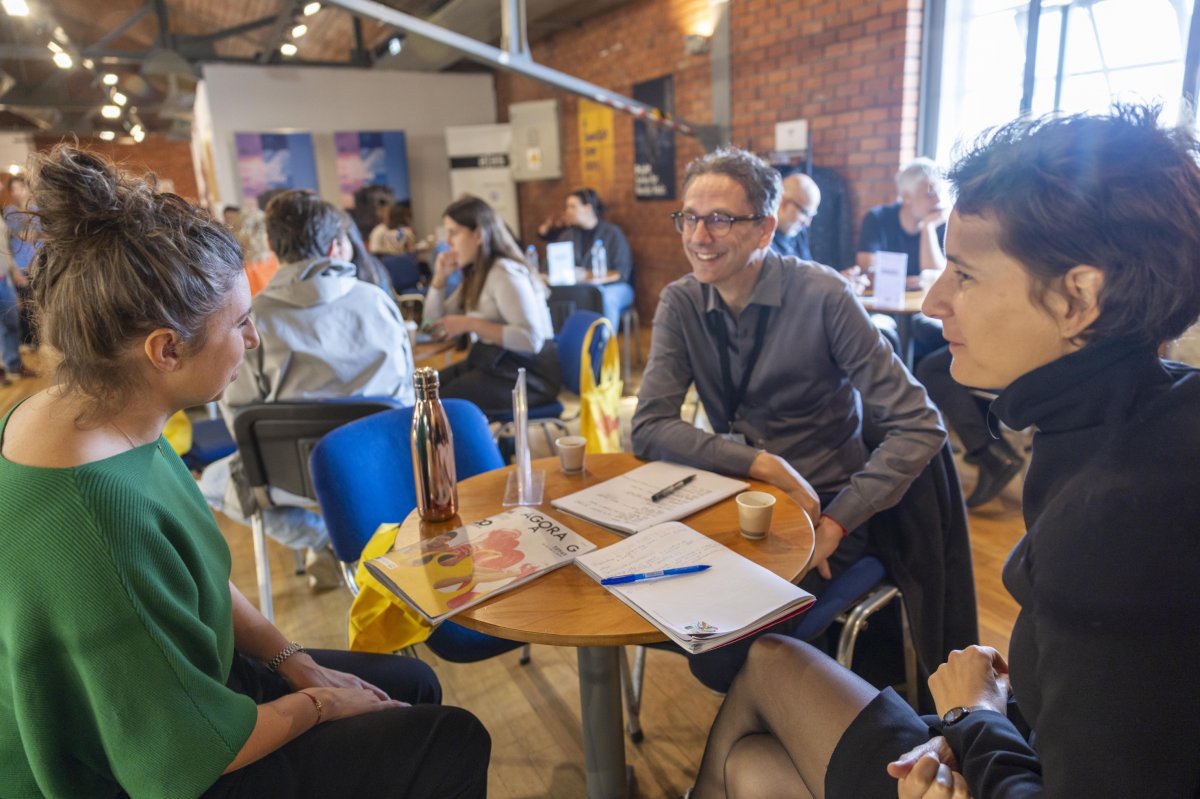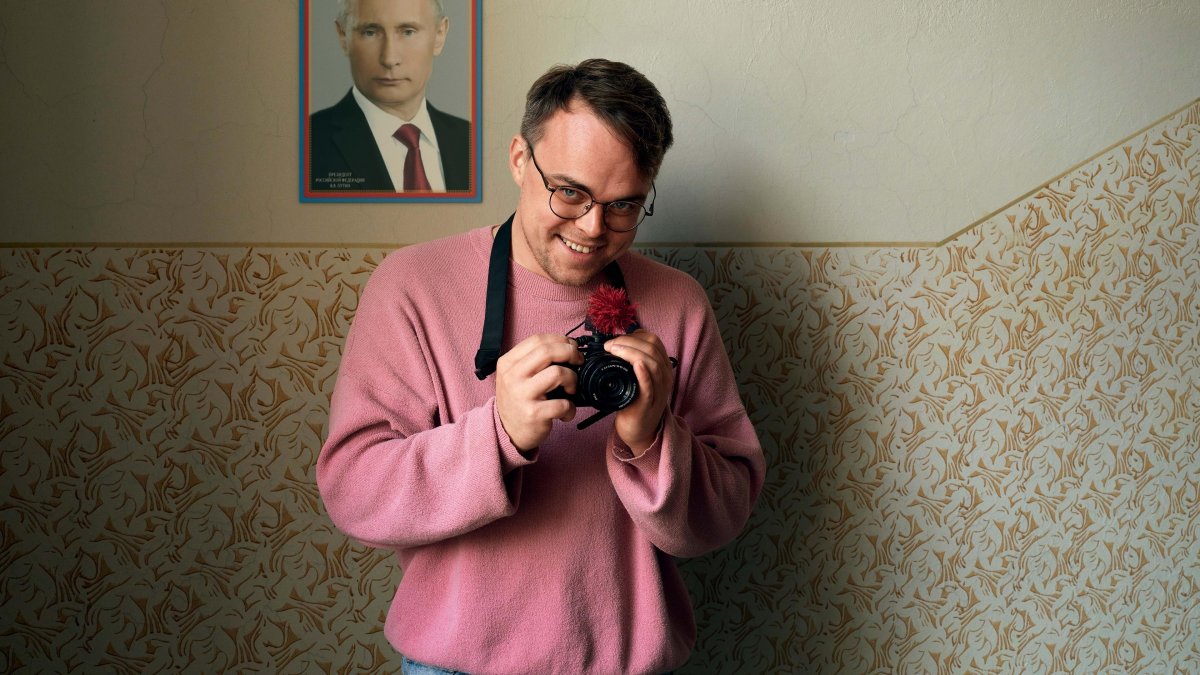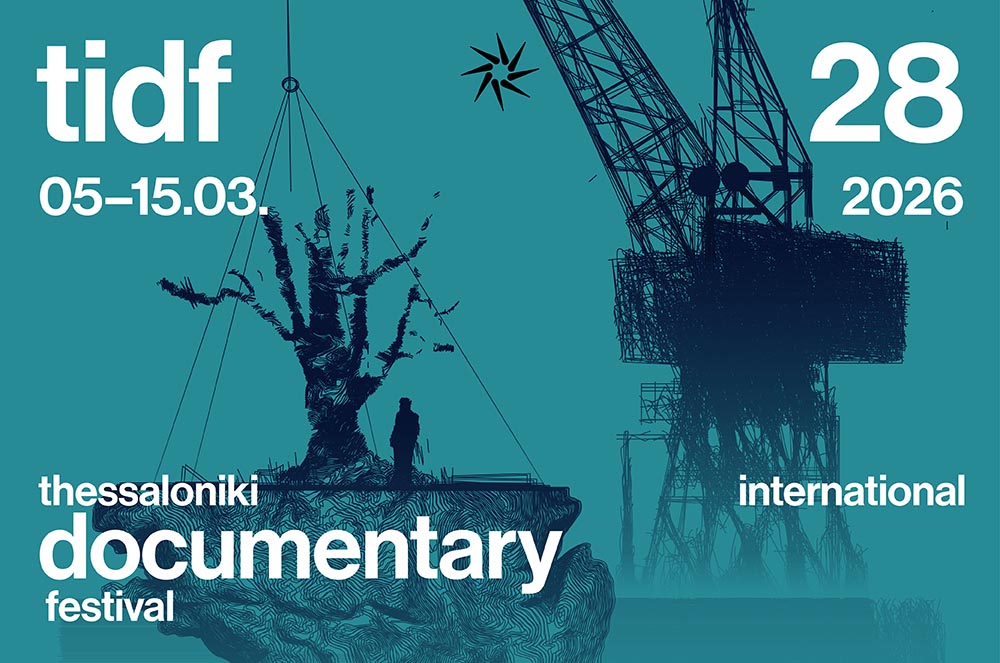The 62nd Thessaloniki International Film Festival is returning to its home turf, the movie theaters, prioritizing safety and abiding by all health ad safety protocols, from Thursday 4 to Sunday 14, November 2021. This year’s celebration of independent cinema will take place in physical spaces, but online as well.
Media / Press
For more information please contact Press and Communication Department.
The Greek Films of the 62nd Thessaloniki Festival
www.filmfestival.gr
We are delighted to unveil the 35 full feature films, as well as the15 short films, that will be screened at the 62nd Thessaloniki Film Festival.
Fotis Sergoulopoulos is the Agora ambassador of the 62nd TIFF
www.filmfestival.gr
With TV presenter, actor and journalist Fotis Sergoulopoulos as ambassador, along with new activities and initiatives offering support to Greek cinema, the Agora of the 62nd Thessaloniki International Film Festival (4-14/11/2021) is getting ready to welcome once again the Greek and international industry in Thessaloniki, following its successful online edition in last year’s Festival.
Director Manolis Mavris, awarded at the Cannes’ International Critics’ Week, creates the spots of the 62nd TIFF
www.filmfestival.gr
The Festival’s spots invite us to take a look at “the bigger picture”, urging us to rediscover the experience of watching a film in cinema’s rightful home, the movie theater.
Konstantin Kakanias creates the visual identity of the 62nd TIFF
www.filmfestival.gr
It is our great joy to unveil the posters of the 62nd Thessaloniki International Film Festival, designed by the Greek painter and multimedia artist Konstantin Kakanias. Konstantin Kakanias is collaborating with museums and galleries all over the world, as well as with some of the top-notch names in the fashion industry, such as Christian Dior, Christian Louboutin and Yves-Saint Laurent.
62nd TIFF: In the Cut: Editing and its Secrets
www.filmfestival.gr
The real scissorhands of cinema take center stage at the large-scale tribute of the 62nd Thessaloniki International Film Festival (4-14 November 2021) “In the Cut: Editing and its Secrets”. Nine top-notch editors from Greece and all over the world have accepted the Festival’s invitation and land in Thessaloniki, ready to share their valuable experience with the audience.




















